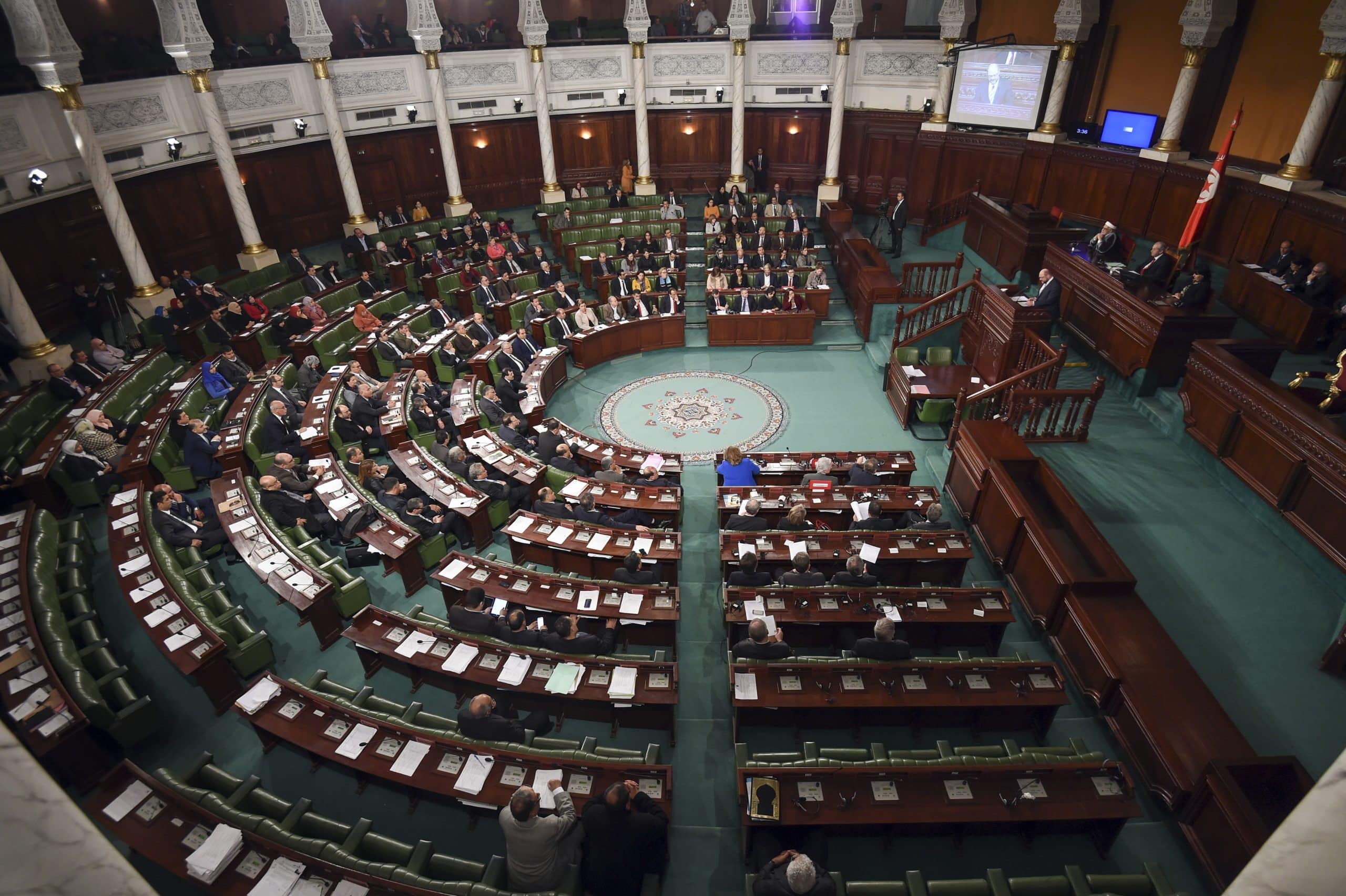Tunisian parliament source: European Union 2016 – European Parliament.
Tunisia’s new parliament convened previous week, the first time the country has had a functioning legislature since the president had the previous parliament sealed off by the army in 2021. The main opposition coalition declared it won’t recognize the new parliament, whose members were chosen in December and January in elections boycotted by almost 90 percent of voters after critics accused him of trying to silence his political opponents.
During the inaugural session, the lawmakers elected a new speaker of parliament to succeed the leader of Islamist movement Ennahdha, Rached Ghannouchi, whose party had the largest number of members in the outgoing parliament. Unusually, only journalists from state broadcasters and the official state news agency were allowed inside the parliament for the opening session, and dozens of reporters protested outside.
New parliament with less power
President Kais Saied suspended the previous parliament in July 2021 in what he said was an effort to save the country. On 25 July, Saied cited Article 80 of the constitution to dismiss Prime Minister Hicham Mechichi, freeze the work of parliament for 30 days, lift the immunity of ministers, and appoint himself as head of the executive authority until the formation of a new government. Saied and many Tunisians at the time blamed the Islamist legislators for the country’s economic and social crises. Saied has since legislated by decree and moved to amass more and more power. The new legislature has less power than its predecessor, according to a new constitution that Saied pushed through in a referendum.
The parliament is meant to have 161 members, compared to 217 in the previous parliament. But only 154 candidates were elected in the two-round legislative ballot, because no candidates bothered to run in seven electoral districts representing Tunisians abroad, reflecting widespread disillusionment with the political class. Most political parties boycotted the elections, considering that the electoral process initiated by Saied was designed to establish his control over the country. The main opposition coalition, the National Salvation Front, said in a statement Sunday that it doesn’t recognize the new parliament “resulting from an illegitimate constitution and elections that were boycotted by a large majority.”
International concern
United States legislators have warned of a “stark acceleration in Tunisia’s autocratic consolidation” under President Kais Saied. This came after several high-profile arrest of Tunisian opposition figures, as well as activists, journalists and businessmen.. This sweeping crackdown on dissent comes after a similar attack on the independent judiciary in recent months, in which dozens of judges were dismissed for alleged corruption. Judges who recently appealed their dismissals say they are being targeted because they defend the independence of the judiciary and refuse to follow the regime’s orders
The three branches of the government have been completely sidelined: the independent media has been silenced, trade unions are excluded and prominent opposition figures have been jailed on trumped-up charges. Indeed, the Saied regime’s crackdown has serious implications for democracy and human rights in the country. The suppression of dissent and arrests of critics and opposition leaders are a serious violation of freedom of expression and the rule of law. Moreover, the regime has put pressure on the independent judiciary and trade unions, further contributing to the erosion of democracy in Tunisia. It is imperative that the international community calls on the Tunisian government to respect human rights and restore democracy
Author: Manouk Bronzwaer

